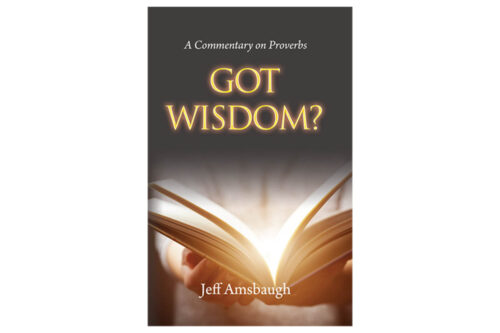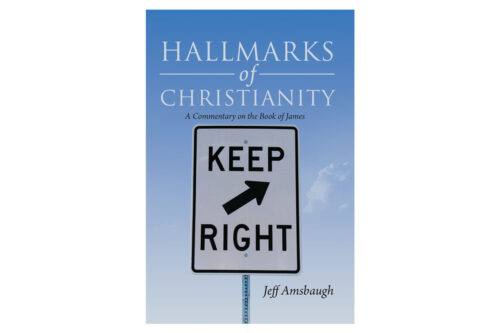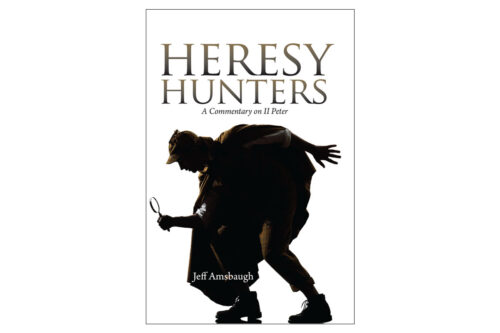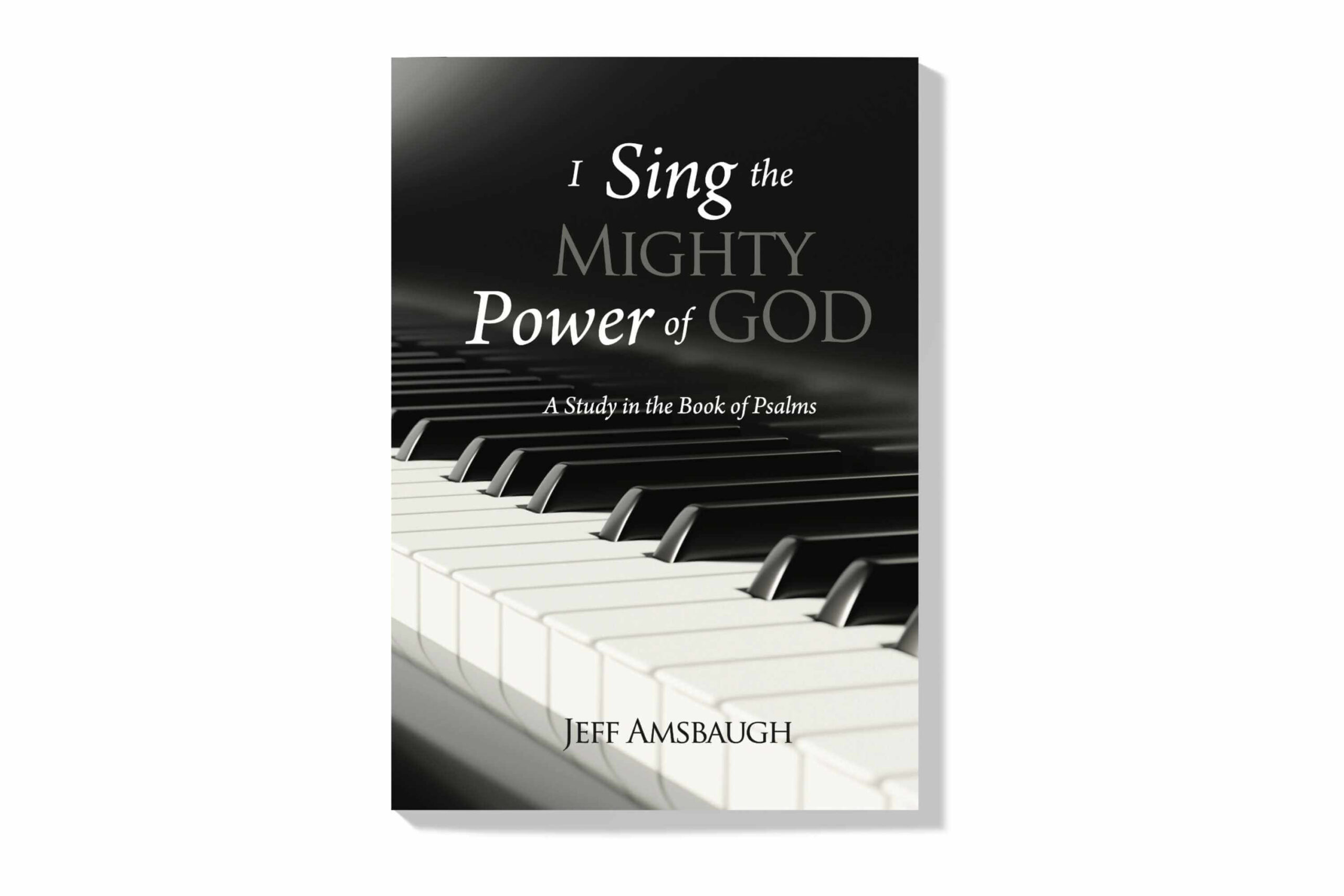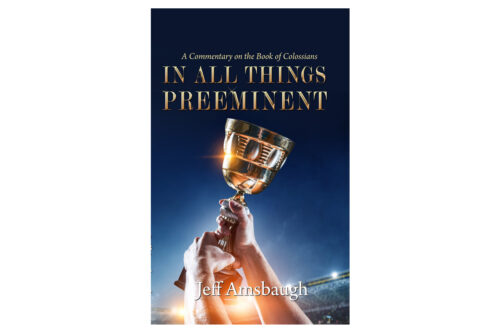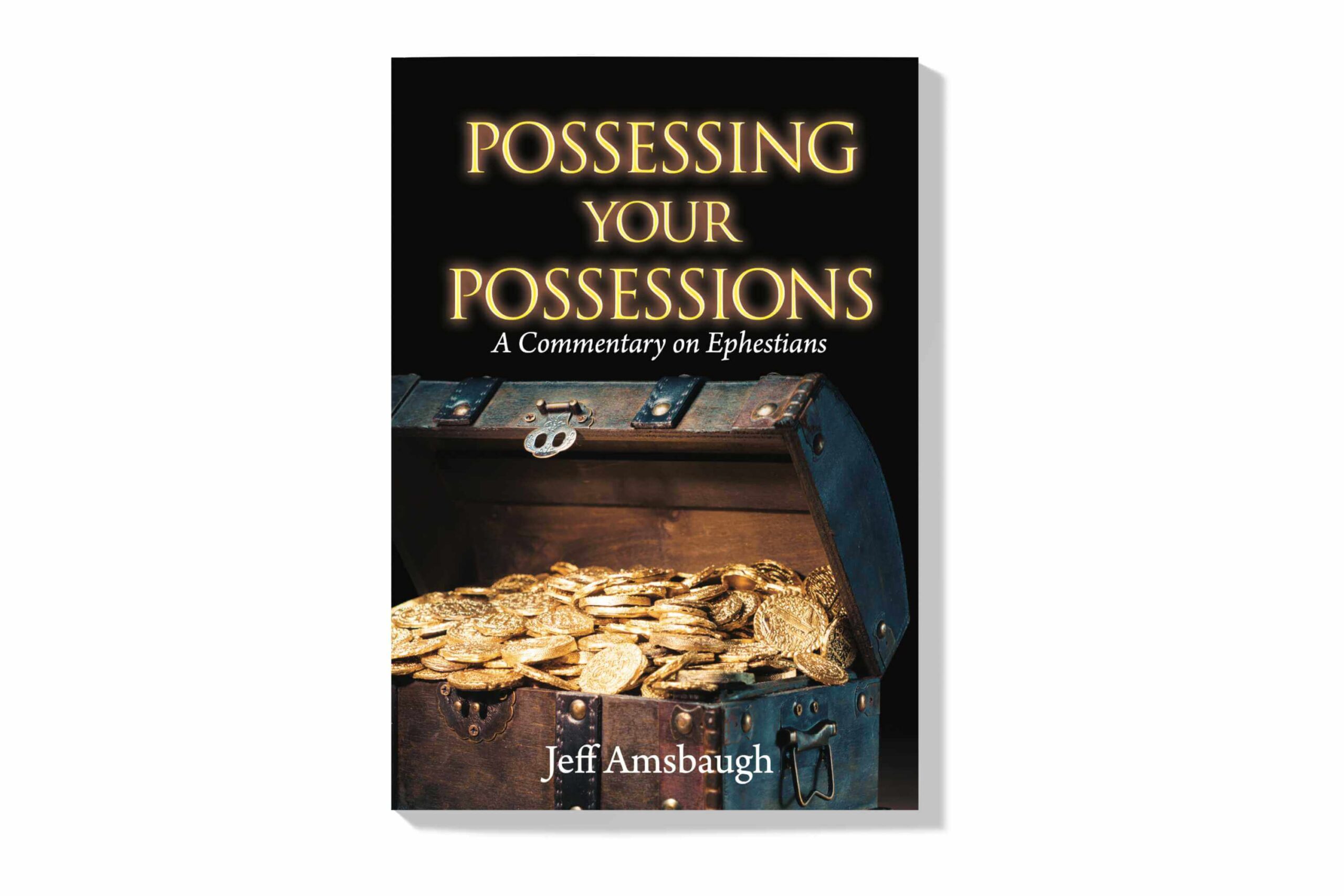-
Esther lived in a materialistic society that was filled with antisemitic people who thought more of their personal advancement than the people of God who lived among them. In a day when women were treated as property, and Jews were thought worthy of extermination, God brought Esther to the throne for such a time as this. Through the help of Mordecai, the prayers of her fellow Israelites, and more importantly, through the invisible, providential hand of God, the tables were completely turned, and the Jews were protected while their enemies were destroyed. Thus, the book of Esther highlights the miraculous, protective intervention of God. Though the Lord is never mentioned in the book, He is present on every page. God is often most involved when His presence is not seen. The God of Esther can also help us in uncertain times by manifesting His presence through the lives of obscure volunteers for such a time as this.
-
The Jewish people, after a long deportation, were now allowed to return to the land of promise. The primary spiritual leader during this return was Ezra. By examining the book that bears his name, the modern Christian is able to see the importance of corporate worship, spiritual fellowship, fervent prayer, and hard work. More importantly, the reader of Ezra is able to see the necessity of maintaining a spirit of revival to avoid the temptation to apathy and despair. God has not abandoned us, and He will see us through the process as we come home.
-
Many people love proverbs from whatever the source because they provide memorable advice in a short, pithy fashion. The book of Proverbs in Scripture, however, is not just good advice from wise people; it is infallible advice from the all-wise God. Proverbs provide the instruction that is necessary to live life wisely and godly. Numerous leaders have found success by reading, studying, and applying the truths from this book of the Bible. What about you? Got Wisdom? We trust that as a result of studying the Proverbs through this commentary you will become a wise guy in the best sense of that term.
-
When a person accepts Jesus Christ as his personal Saviour, he is immediately justified in the eyes of God. But how is a person justified in the eyes of men? This commentary takes you through the book of James and explains the defining hallmarks of Christianity. Here you will find practical tips on how to stay right in a world that is constantly drifting left.
-
The modern-day church is becoming increasingly weak in its doctrine. Teaching doctrine is not favorable and practicing doctrine is not popular. In fact, many churches have decided to abandon doctrine altogether because of its divisive nature. Today’s Christian must be properly equipped with Biblical doctrine to combat the heresies that dominate modern thought. Every Christian must know what they believe about core truths and why they believe them. This commentary trains you to be a heresy hunter. You will learn how to recognize the subtle differences in false teaching and how to avoid being trapped in unscriptural error.
-
Many have seen a parallel between the five books of the Psalter and the five books of the Pentateuch. Indeed, the first book of the Psalter (Psalms 1-41), which mirrors the book of Genesis, speaks graphi- cally of the heavens that declare the glory of God and also of man’s ruination of the created environ- ment through his fall into sin. Many hymns, such as “How Great Thou Art,” speak of God’s excellence that can be observed in the created order. This is very much in keeping with God’s inspired hymn- book where you and I are invited to sing about the mighty power of God.
-
Often we feel that a powerful apologetic is necessary to confront false religions and that courses in comparative religion are vital to evangelizing those from different faiths. When Paul, however, sought to rescue the Colossians from the Gnostic heresy that was pervading their town, he simply chose to exalt Christ. When Jesus is seen in all His glory, other faiths of necessity fade into the background. No competing system of thought can adequately replace the splendor of Jesus. Nothing can trump Christianity when Christ is in all things preeminent. We trust that this study of Colossians will help you see Jesus in all of His magnificence.
-
Christians have often been criticized for majoring on the minors. We must remember, however, that the devil is in the details. The last twelve books of the Bible are often called the minor prophets, but the messages of these prophets are of major importance. This commentary explores the messages of Nahum, Habakkuk, Zephaniah, and Haggai to assist you in your Christian walk. We trust these studies will help you to major on the minors.
-
This commentary examines the three major tests or evidences of salvation delineated by the Apostle John. These things are the doctrinal test, the social test, and the moral test. Do I believe the right things? Do I love my brother? Is my life characterized by righteousness? In short, does my life give evidence that I have been born again? Do I pass the tests?
-
God promised Joshua that the entire land of Canaan was available, but he and the Israelites must go forward and possess their possessions. Sadly, in the New Testament era, Christians many times allow the promises of God to be nothing more than unclaimed freight. Paul, in the book of Ephesians, outlines for us the glorious inheritance that we have in Christ and then encourages us to advance and claim it. May this study in Ephesians incentivize you to possess your possessions.
-
Jeremiah was nearly twenty years old when he began his ministry in 627 BC and immediately began to address a nation that was rapidly approaching the judgment of God. Because Jeremiah prophesied in the final years of Judah before the Babylonian exile, his overwhelming theme is judgment. Indeed, the first forty-five chapters of the book focus on God’s judgment of Judah. Ironical- ly, however, there is an element of grace throughout the book, and significantly, Jeremiah’s prophesy provides the most vivid treatment of the New Covenant whereby God will remember Judah’s sins and iniquities no more. Indeed, God was pulling down in order to build. We trust that this commentary on Jeremiah will help you accept the grace of God even when life is falling apart.
-
Though Nehemiah was privileged to live in the lap of luxury while serving as cupbearer to a Persian king, he left it all for the seemingly impossible task of rebuilding the city walls of Jerusalem. Obviously, he needed the help of God to mobilize a task force of Jewish workers. This commentary examines the prayer life, management skills, and tenacity of one of the Old Testament's greatest leaders.



